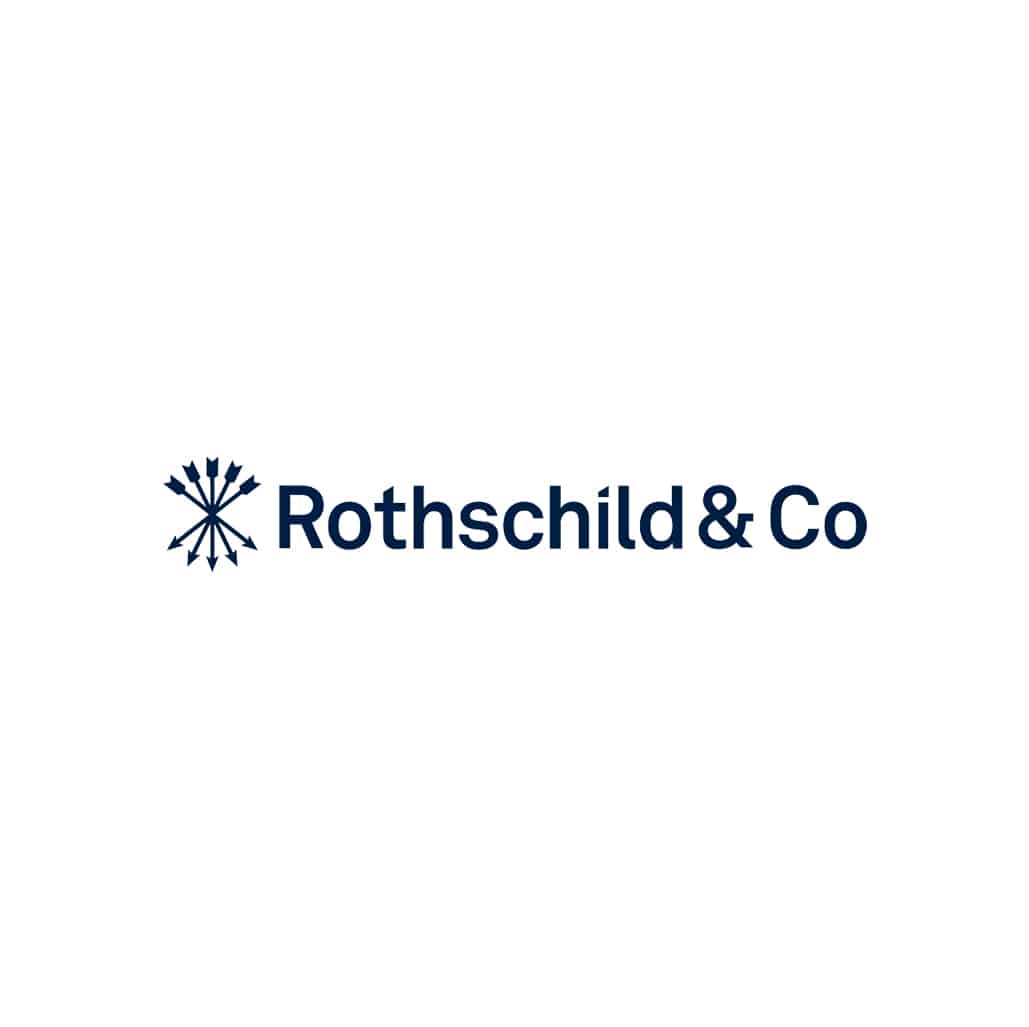
Implementation of an Internal Carbon Price to finance sustainable project
This mechanism places a monetary value on greenhouse gases and is a way to responsibly influence emissions from business operations, including travel, aimed at ensuring..

Foster issuers that have a low-carbon transition strategy and put carbon reduction trajectory management at the core of investment decisions
Through its 4Change Climate fund range, Rothschild & Co aims to offer investors dynamic low-carbon investment solutions and, therefore, contribute to diverting capital flows towards companies from all sectors – including those producing most Greenhouse Gas (GHG) emissions – and that have already undertaken the green transition.
With the development of 4Change Climate Funds, minimum quantitative standards were set. They have been approved by the Autorité des Marchés Financiers (AMF) and were mentioned as examples during the sustainable finance workshops of the 2020 RCCI, a training day for compliance and internal auditors. The 4Change Climate Funds are certified with the French ISR Label. For this specific fund range, monitoring the carbon reduction trajectory is a core and contractually binding component of the fund management:
This fund range relies on several innovative aspects:
Rothschild & Co Asset Management Europe redistributes part of its management fees to the NGO Up2Green to contribute to actions supporting both biodiversity and development of natural carbon sinks.
Listed below are some technical characteristics of the fund range:
on which the project has a significant impact
Scope 3 – Financing issuers that have undertaken actions for a low-carbon transition addressing scope 1 and 2
• The carbon intensity of the portfolio is defined as the weighted average of the carbon intensities of the companies in the portfolio
• For a given company, the carbon intensity is defined as the annual amount (year N) of CO2 emissions (scopes 1 and 2) divided by the company’s annual revenue (year N). The carbon intensity calculation is adjusted to a 100 basis and takes into account the coverage rate available for the carbon intensity indicator. Data used for these calculations may come from external data providers (MSCI ESG Research)
• Scope 1: Direct emissions o Direct emissions from fixed or mobile facilities located within the organizational activities
• Scope 2: Indirect emissions related to energy consumption
o GHG emissions related to energy consumption coming from electricity, heat, steam or cooling consumption
Type of assets to which carbon intensity calculation may be applied: stocks, bonds (private only), convertibles, conventional multi-asset funds (provided that at least 50% of the securities held in portfolio present a carbon intensity)
Coverage rate: The coverage rate is defined as the percentage of securities held in the fund with available ESG or carbon data against securities in portfolio universe presenting ESG or carbon data.
Funds size at March 29, 2021:
• € 89 M for R-co 4Change Climate Equity Euro,
• € 33 M for R-co 4Change Climate Credit Euro
December 2019
France, Benelux, Switzerland, Germany, Spain and Italy
The fund’s management objective, the selection criteria in place, supporting many sectors and the partnership with the NGO Up2Green aim at contributing to the Sustainable Development Goals. Selection criteria applied to portfolio companies and their low-carbon strategies support the following SDGs:
As part of the selection criteria, the growing number of funds monitoring their carbon trajectory should contribute by making and achieving GHG emissions reduction objectives. This is a virtuous circle which is likely to encourage more companies to set relevant and achievable GHG emissions reduction objectives.
This fund range will indeed be successful if more and more companies fulfil their environmental commitments.
A partnership with the NGO Up2Green has been initiated. Using funds raised by the 4Change fund range, Rothschild & Co has supported biodiversity-oriented projects in Colombia, specifically reforestation.
Groupmediaenquiries@rothschildandco.com

This mechanism places a monetary value on greenhouse gases and is a way to responsibly influence emissions from business operations, including travel, aimed at ensuring..

Rothschild & Co Asset Management has launched a range of responsible investment funds .